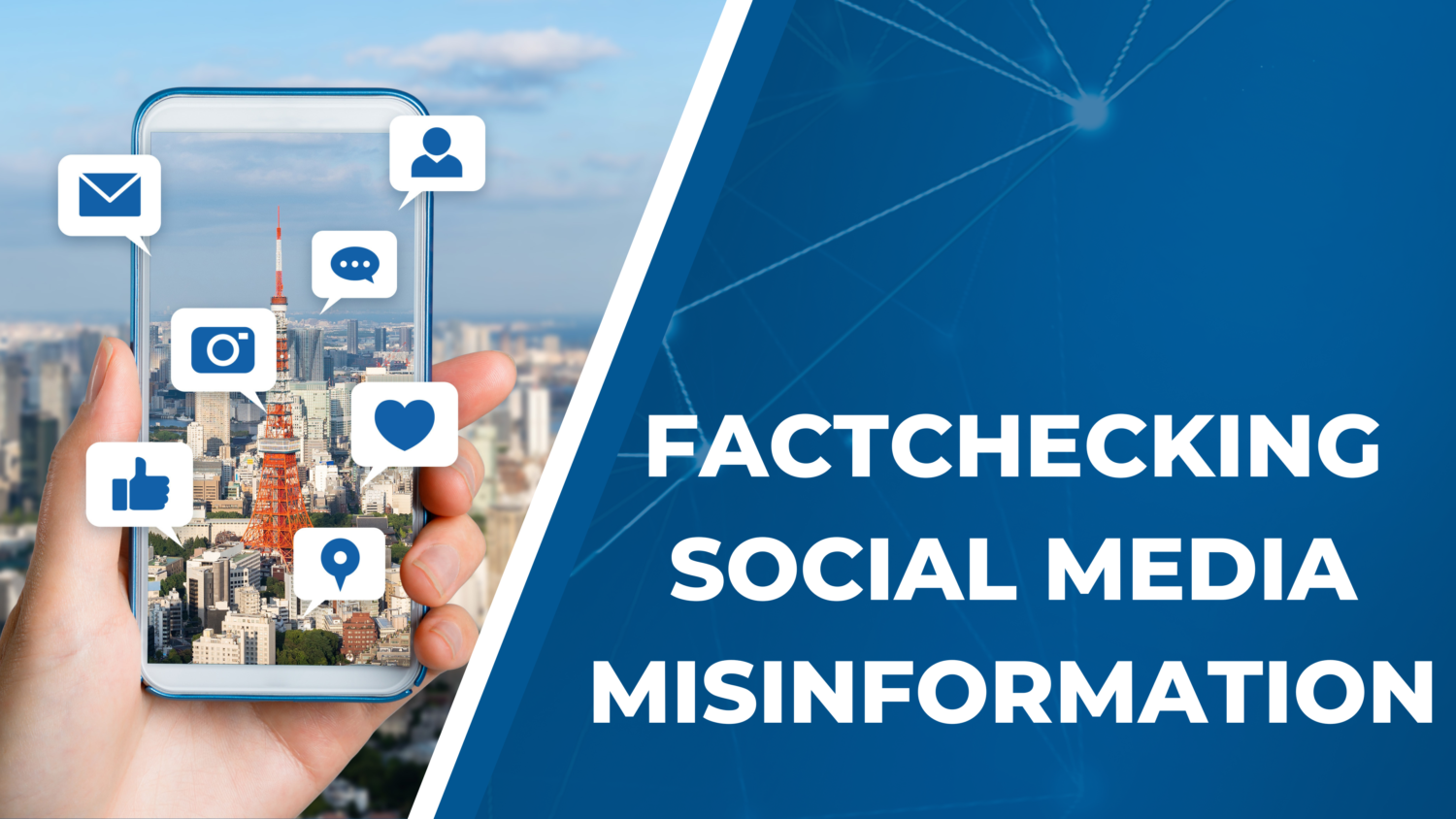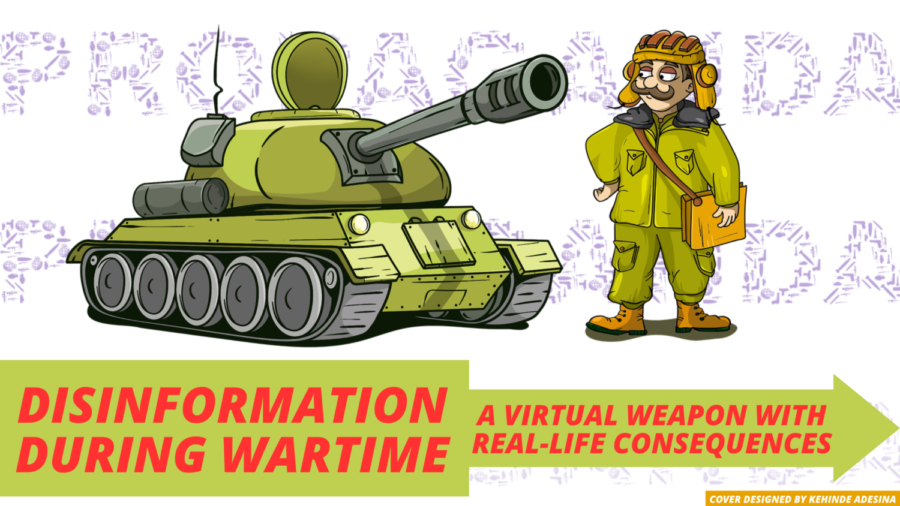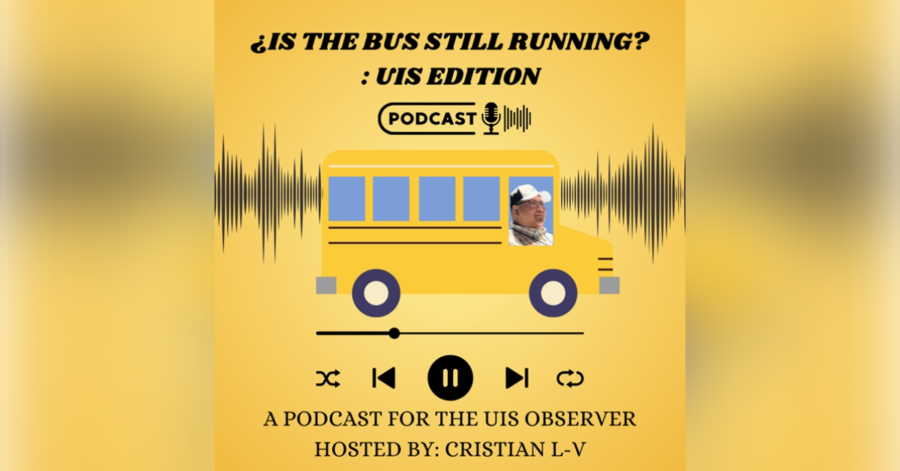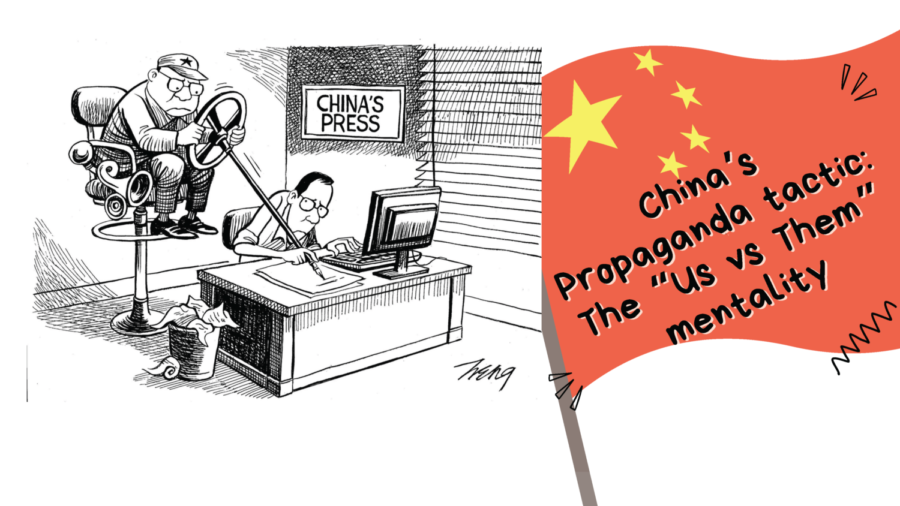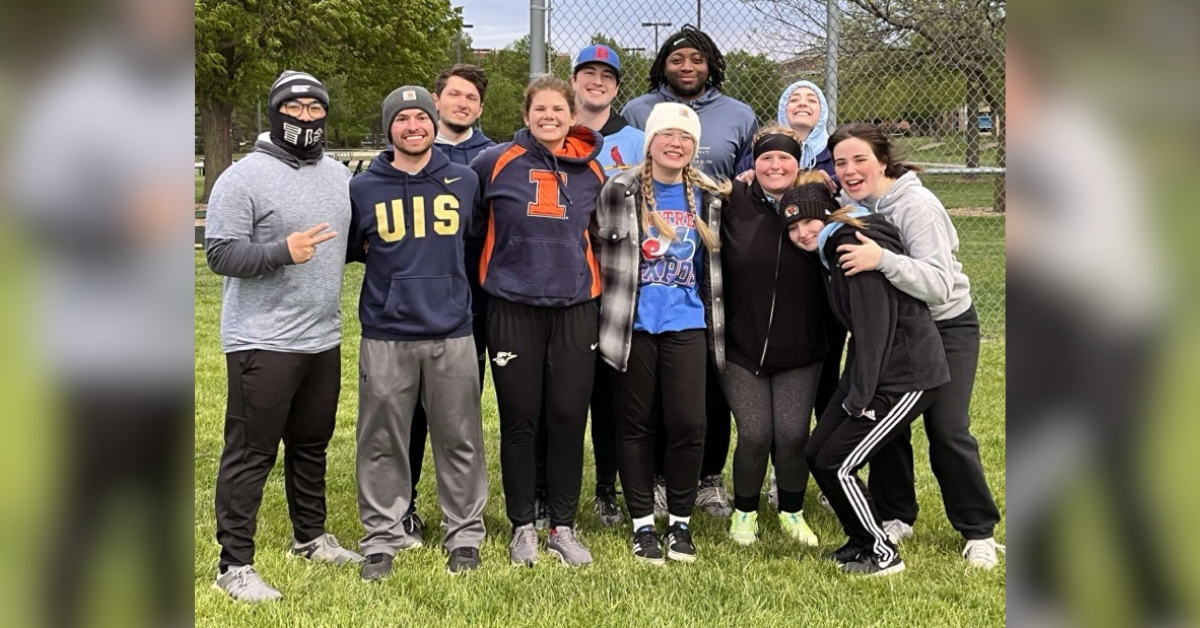In the digital age, social media has become an integral part of our lives, transforming how we communicate, consume information, and engage with the world. However, alongside its many benefits, the rapid spread of information through these platforms has led to a concerning proliferation of misinformation.
Misinformation on social media encompasses various content, ranging from harmless rumors to deliberate disinformation campaigns aimed at misleading or manipulating public opinion.
In the past few weeks, you might have encountered one or more of the social media posts below on either X (formerly Twitter), Facebook, Instagram, or even Reddit. ALL OF WHICH ARE FALSE. (Click on the image to see the original articles.)
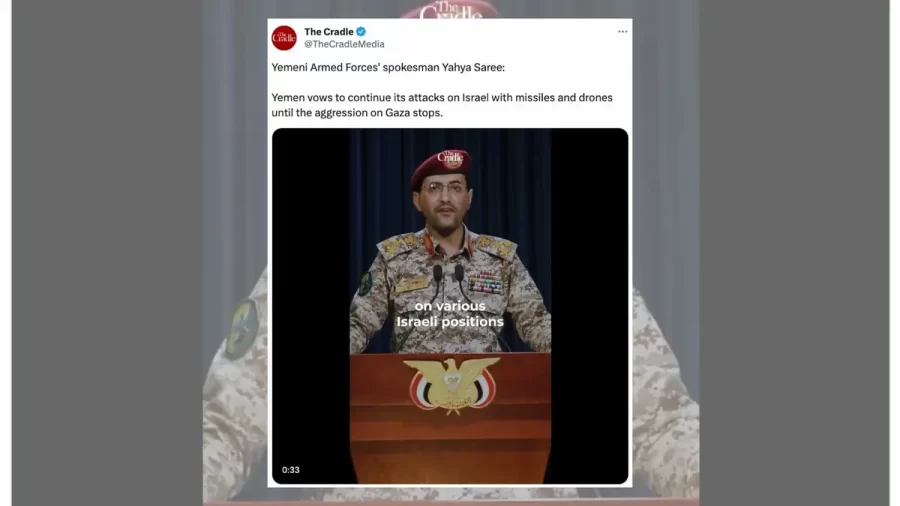
With the ease and speed at which information can be shared, unchecked and misleading content often spreads like wildfire. Misinformation may cover diverse topics, including health advice, politics, science, and societal issues, leading to confusion, polarization, and, in some cases, even harm.
This is why Fact-checking social media misinformation is essential in navigating the vast landscape of online information. This practice not only helps uphold the integrity of information but also encourages responsible sharing and consumption of content across various social media platforms.
As an individual, what can you do?
While fact-checking organizations and social media platforms play a critical role, individuals are also responsible for combating misinformation. By cultivating healthy skepticism, critical thinking, and digital literacy skills, individuals can become better equipped to discern credible information from falsehoods.
In this YouTube video by Hearst Washington, when interacting with information on social media, you are advised to;
- Visit the website or source of the information before sharing it on social media. Checking the credibility of the website can provide valuable insights into the reliability of the information.
- Use Google and other search engines to fact-check quotes or information by looking for the same content in credible news outlets and fact-checking websites. This practice helps in validating the authenticity of the information by cross-referencing it with reputable sources.
- Use reverse image searches such as TinEye to check the origins and authenticity of photos circulating on social media. This method helps in determining if an image has been altered, manipulated, or used in different contexts over time, offering a clearer picture of the facts behind the image.
Fact-checking serves as a fundamental tool in the fight against misinformation on social media.
Remember, in the era of information overload, a fact-checked and verified piece of information can be a beacon of truth amidst the noise of misinformation.
Kehinde Bolu Adesina, a graduate of the University of Illinois, Springfield, holds a Master of Arts Degree (MA) in Communication. From August 2021 to May 2023, he served as the Multimedia Editor for The Observer. Over the years, his research has been dedicated to upholding the tenets of quality journalism, fostering informed public discourse, fortifying democratic foundations, and nurturing a more knowledgeable and resilient society, with a keen focus on countering disinformation, misinformation, conspiracy theories, and post-truth narratives in the digital landscape.

